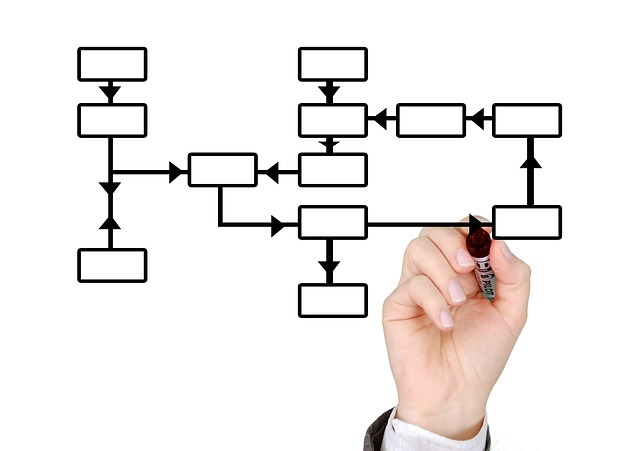I came across a book review in The Financial Times over the past weekend in which the author, Julian Baggini, finding a common thread running through the three books he reviewed, wrote something arresting — something that directly contradicts the popular and simplistically unimaginative, herd-mentality notion of best practices. He wrote this:
You cannot reduce anything truly worthwhile simply to a technique you can learn and use to get your desired result. Rather, what is most profoundly rewarding always springs from deeply held values.
That statement points out the difference between rote and reason, between habit and heedfulness, between going with the flowchart (formula) or going with the flow (inspired creativity). With a little more specificity, here’s what I mean:
- You cannot reduce. That phrase puts me in mind of this book. Even though it’s 32 years old, it continues to remind us that anything can and should shake us up, that perspective is everything, that we can only reduce what we allow to be reduced. Everything should be simplified. Nothing should be diminished.
- Anything truly worthwhile. I grant the veracious applicability of the 80/20 rule. I concede that acceptable repeatability can be achieved by automation and mechanization. And I recognize the truth in what General George S. Patton said: “A good plan violently executed now is better than a perfect plan executed next week.” But the 80/20 rule, automation, mechanization, and a good plan (as opposed to a perfect plan) all constitute settling for something in some form or fashion. Settling may be truly worthwhile to some people. I’m not one of them.
- Profoundly rewarding. There’s profound reward in the mastering of any technique. But you won’t find artists, athletes, or professional practitioners of any disciplines who’d say they’ve reduced what they do to a technique. Any activities reduced to the merely formulaic would be neither truly worthwhile nor profoundly rewarding. (I’ll take Phoning it In for $2,000, Alex.)
- Springs from deeply held values. There it is. Deeply held values are the difference between method (“This is the way we do it“) and meaning (“This is why this is the way we do it”). There isn’t a flowchart in the world that’s sprung from deeply held values. There isn’t a best practice in the world that isn’t diminished the moment it’s labeled best.
Baggini’s summation suggests that anything worth doing is worth doing with thoughtful, deliberate intent — is worth the investment of self for the promise of a truly worthwhile return.
If you’re clairvoyant or superficial — or if you have unwavering faith in planning — go with the flowchart.
Otherwise, go with the flow.
—
Image by geralt, courtesy of pixabay.com.

